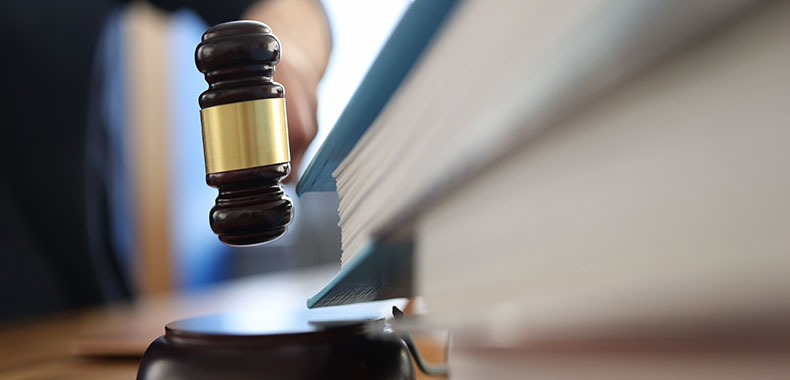It is known that the extension given to patents is a huge deal, especially to the creator, considering the time taken by the State to recognize the title and give the proper protection to the invention.
In Brazil, the term of the Brazilian patents in general is being discussed on the Supreme Court on the Direct Unconstitutionality Action filed by the Attorney General’s Office, arguing that the disposition of the only section of the article 40 of the Law n. 9.279/1996 (Industrial Property Law) would be unconstitutional and would establish an undetermined extension to all patents.
Although the action is yet to be ruled on the Supreme Court, it is known that the article of law only exists to compensate the delay of the analysis of the patent requirement by the Brazilian Patent and Trademark Office (BPTO), which is not rare.

Meanwhile in China, the direction is the opposite from Brazil. The country is changing its regulation to add an article that will stablish the possibility of the prolongation of the patents of chemical and biological products and traditional medicinal products if the China Intellectual Property Administration (CNIPA) takes more than three to four years to analyze the requirement.
China’s behavior is an indicator that the extension of the patents must be guaranteed by the regulatory entities and the regulation of the country in general in order to ensure the protection and incentive of the invention and the creator.
We now expect that the decision of the Brazilian Supreme Court recognizes the necessity to maintain the disposition of the article 40 of the Industrial Property Law.
—
Author: Maria Luiza Barros da Silveira, Junior Associate at Peduti Advogados.
Source: Enquanto Brasil questiona, China estende prazo de vigência das patentes
—
“If you want to learn more about this topic, contact the author or the managing partner, Dr. Cesar Peduti Filho.”
“Se quiser saber mais sobre este tema, contate o autor ou o Dr. Cesar Peduti Filho.”








